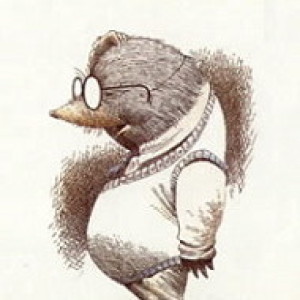Pollutant turns fly-traps veggie
Pollutant turns fly-traps veggie - this was a headline on the BBC News website today.
Drosera is a genus of 'carnivorous' plants, known colloquially as sundews. British species of sundew occur in wet, peaty situations that are deficient in nitrogen and phosphate. They supplement these nutrients by trapping and digesting small insects and other invertebrates by means of sticky hairs on their leaves. The hairs respond to touch, bending inwards to trap and hold the prey by means of the sticky mucilage at their tips. The hairs secrete enzymes that breakdown the captured prey and the leaves absorb the released nitrogen and phosphorus.
The BBC website describes how scientists studying sundews in Swedish bogs have found that pollution from transport and industry causes nitrogen-rich rain and that this reduces how many insects the sundews trap. "If there's plenty of nitrogen available to their roots, they don't eat as much" says Dr Jonathan Millett, one of the scientists involved.
You might think that this free meal would be beneficial to the sundews but life is never simple! Carnivorous plants actually benefit from nutrient-poor environments, because they have less competition from other plants. Sundews can out-compete other plants in nutrient-poor environments. However, when nitrogen levels in the soil increase, due to the nitrogen-rich rain, non-carnivorous plants move in and may out-compete the sundews. At very high levels of nitrogen deposition there may even be local extinctions of sundews.
Oh, what a tangled web we human do weave!

Comments
Sign in or get an account to comment.


